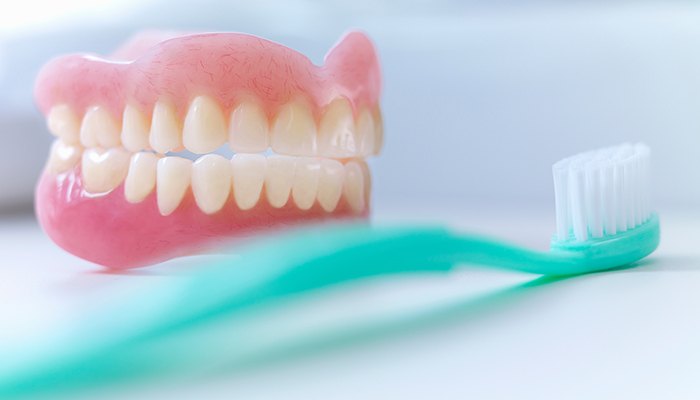Denture care
Dentures need the same level of care and attention as natural teeth do. Bacteria and fungi that grow on teeth can also infect a dental appliance. Pressure spots on the gums can lead to pain and potential infection. Also to problems eating and then weight loss. In addition, poor denture care can result in stains…
Read MoreChoosing a meal service
Perhaps your loved one has just gotten out of the hospital and needs some meals for a few weeks while recuperating. Or maybe Mom has dementia and it’s become too much for Dad to have to cook on top of caring for her. Meals on Wheels America serves communities most everywhere in the country, but…
Read MoreIs it time for memory care?
If you care for a loved one with moderate to advanced dementia, it’s likely the idea of placement in memory care has come up. Maybe a friend has nudged you. Or it’s been suggested by your relative’s doctor or care manager. Perhaps you know you are exhausted. Most families eventually investigate this option because it’s…
Read MoreThriving through life transitions
Change is the only constant. And as we enter our later years, it seems the changes are more frequent. Before writing Life Is in the Transitions, Bruce Feiler interviewed 225 individuals to gain a sense of the ways people navigate disruption across the lifespan. He found that we experience roughly thirty-six transitions in a lifetime,…
Read MoreIf you are not the primary caregiver
If someone else in your family has primary responsibility for the care of your loved one, that doesn’t mean you don’t have anything to contribute. Far from it! Caring for an older adult is more than one person can do alone. There are many ways to lend a hand (even if you don’t live nearby).…
Read MoreAddressing fatigue in heart failure
People with heart failure (HF) often tire easily, especially if they exert themselves. In HF, the heart is swollen with fluids and cannot beat efficiently. The body’s cells then become hungry for oxygen. If your loved one has HF, you witness this in his or her fatigue, shortness of breath, and frequent naps. Even with…
Read MoreHome modifications for vision loss
If the person you care for has a low vision diagnosis, three types of modifications to the home can make life easier: Lighting, glare control, and the use of color contrast. Fortunately, these strategies are relatively inexpensive. Lighting. Sunlight is the best. It’s full-spectrum light. But it fluctuates depending on the time of day and…
Read MoreWhere are the paid caregivers?
Frustrated in your search for a paid caregiver? You are not alone. There is an extreme shortage of helpers right now. Even before COVID, the demand for aides was greater than the supply. The “Great Resignation” hit the caring professions hard. Caregivers close to retirement left early. And many younger workers decided to opt for…
Read MoreShould you move (closer to your kids)?
The most common reason to move in later years is to be closer to children and grandchildren. Regardless of your reason for relocating, unless you plan to live with family, there will be many hours of the day when you are just plain newbies in town. How will you spend your time? If proximity to…
Read MoreLong-distance caregiving
Distance makes caregiving more challenging, from knowing what’s needed, to getting tasks accomplished. Here are some tips: Stay in touch. This is a win–win. You stay current on issues, and your relative gets the emotional boost. Plan ahead. When visiting, use your time wisely. Do things with your family member that are just plain enjoyable.…
Read More









